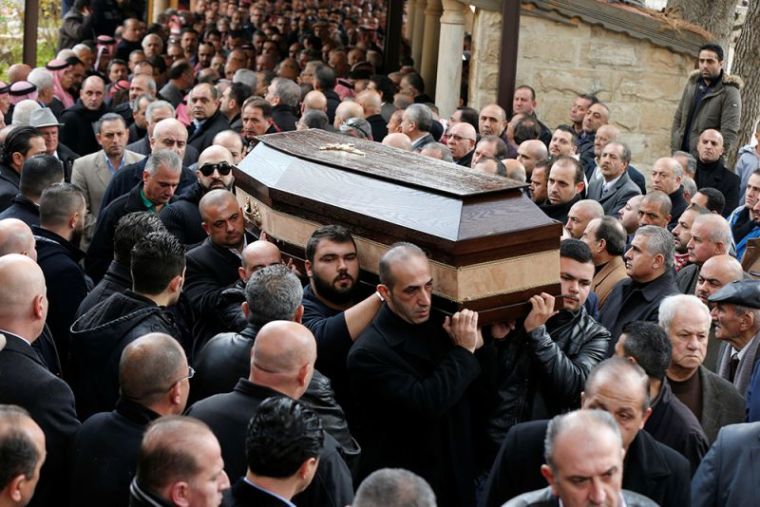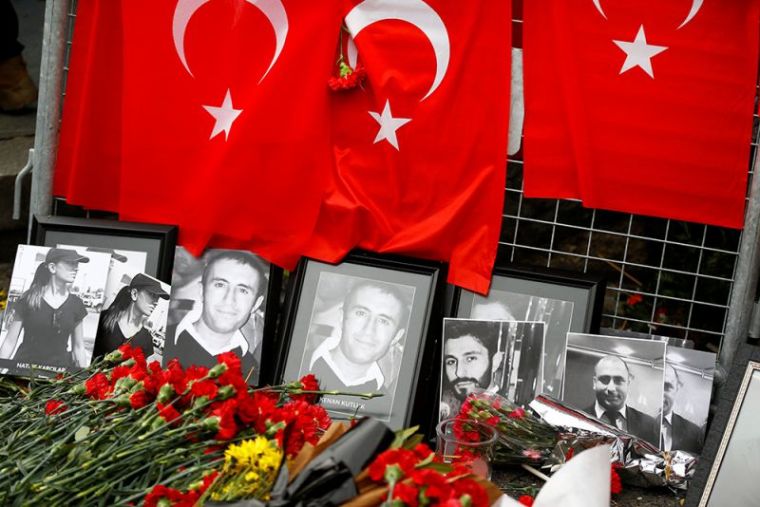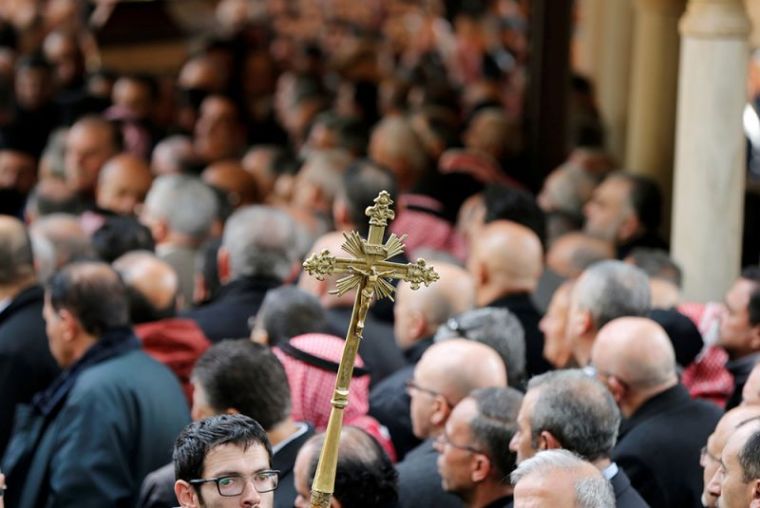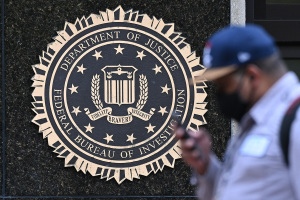Supreme Court sides with Twitter in ISIS terror attack case

The United States Supreme Court has ruled that Twitter was not responsible for aiding a terrorist attack that happened in Turkey in 2017 by allowing members of the Islamic State terrorist group to post content on its platform.
In a unanimous decision released in the case of Twitter, Inc. v. Taamneh on Thursday that was authored by Justice Clarence Thomas, the high court concluded that “plaintiffs’ allegations are insufficient to establish that these defendants aided and abetted ISIS in carrying out the relevant attack.”
The litigation stemmed from a 2017 terrorist attack at the Reina nightclub in Istanbul, in which ISIS terrorist Abdulkadir Masharipov murdered 39 people and injured nearly 70 others.
Family members of one of Masharipov’s victims sued Twitter, Facebook and Google, claiming that they failed to stop ISIS from recruiting members on their platforms via videos and ads, among other tools.
However, Thomas wrote that the plaintiffs failed to show that Twitter, and, to an extent, other social media platforms, had truly aided and abetted the terrorist attack in Istanbul.
“Notably, plaintiffs never allege that ISIS used defendants’ platforms to plan or coordinate the Reina attack; in fact, they do not allege that Masharipov himself ever used Facebook, YouTube, or Twitter,” wrote Thomas.
“Plaintiffs never allege that, after defendants established their platforms, they gave ISIS any special treatment or words of encouragement. Nor is there reason to think that defendants selected or took any action at all with respect to ISIS’ content (except, perhaps, blocking some of it).”
Thomas added that “we generally do not think that internet or cell service providers incur culpability merely for providing their services to the public writ large.”
“The fact that some bad actors took advantage of these platforms is insufficient to state a claim that defendants knowingly gave substantial assistance and thereby aided and abetted those wrongdoers’ acts,” he concluded.
Justice Ketanji Brown Jackson authored a short concurring opinion, writing that while she joined the court’s decision, she believed it was “narrow in important respects” and that other cases regarding social media platforms and content culpability “presenting different allegations and different records may lead to different conclusions.”
Additionally, the Supreme Court released a per curiam opinion in the case of Gonzalez v. Google, likewise centered on family members of a woman killed in a 2015 terrorist attack suing Google for its alleged liability in the tragedy.
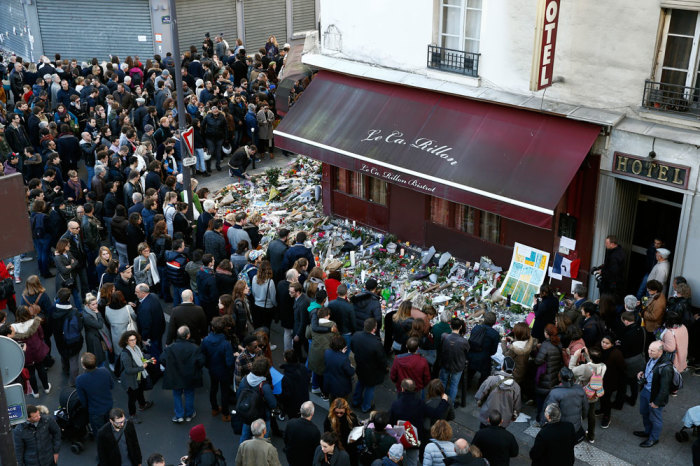
The per curiam opinion decided to vacate an earlier Ninth Circuit Court of Appeals ruling in favor of the plaintiffs and remand the case back to the circuit court in light of the high court’s decision in Twitter.
“We need not resolve either the viability of plaintiffs’ claims as a whole or whether plaintiffs should receive further leave to amend,” read the per curiam decision.
“Rather, we think it sufficient to acknowledge that much (if not all) of plaintiffs’ complaint seems to fail under either our decision in Twitter or the Ninth Circuit’s unchallenged holdings below.”
The Supreme Court also declined to address Section 230 of the 1996 Communications Decency Act, a federal law that states that websites are not liable for the content that users publish on their platforms that could be deemed defamatory.











